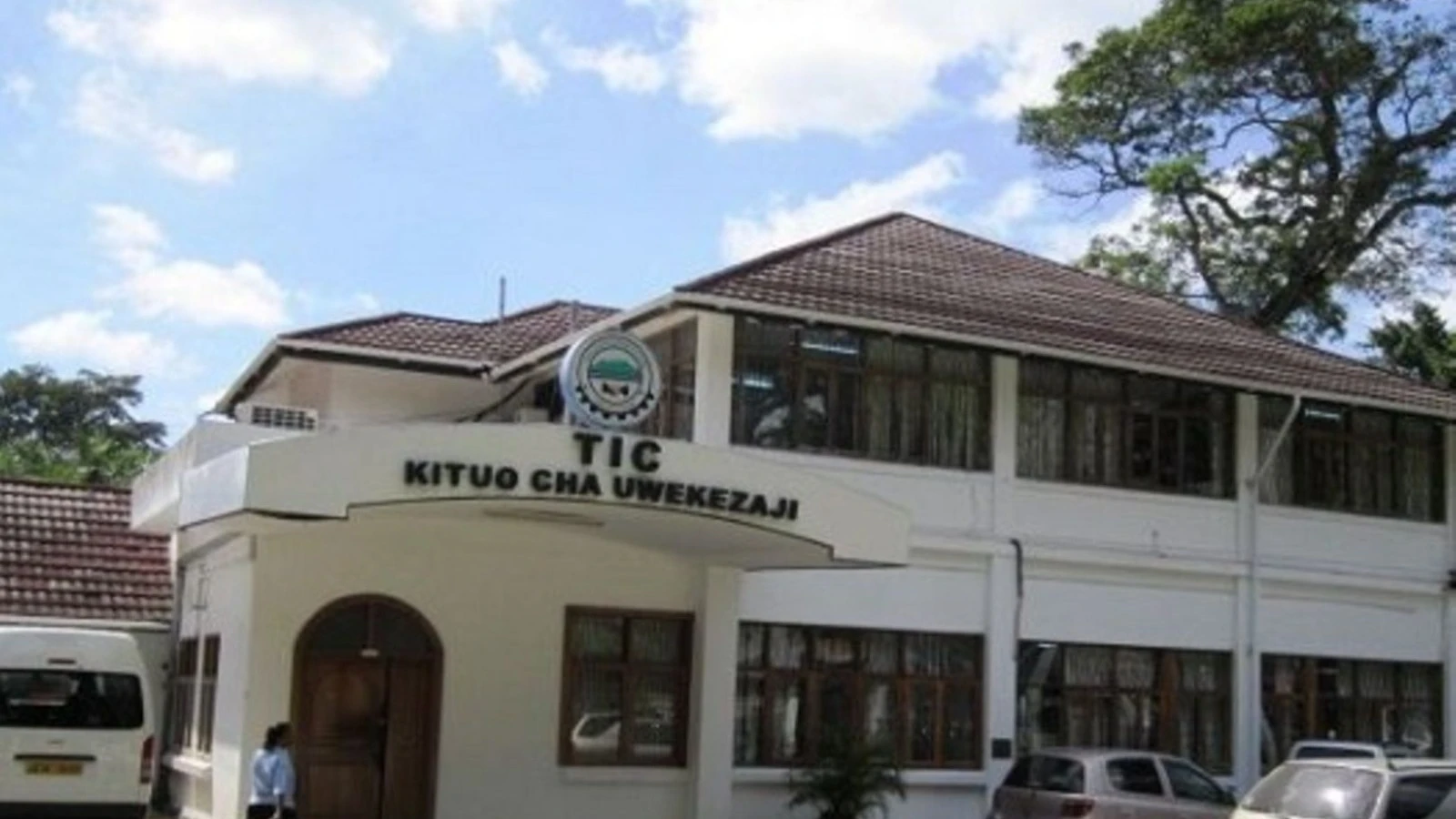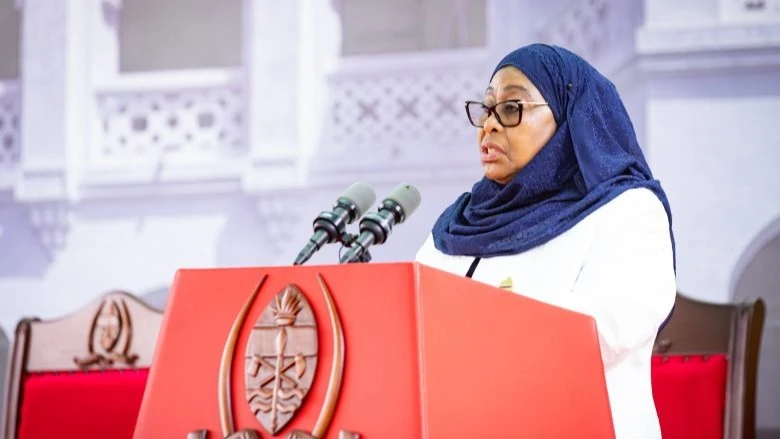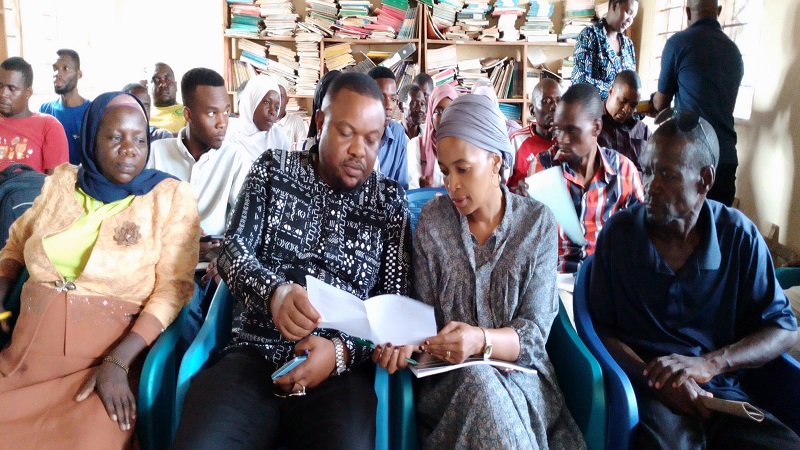Unlocking opportunities: A foreigner's guide to acquiring interests in a domestic company

TANZANIA’S legal options for business include sole proprietorship, where one person owns and manages a business under a specific name, and partnership, where two or more individuals collaborate, share responsibilities, management, and profits through a formal agreement called a partnership deed.
Indeed, there are diverse options for individuals or corporations looking to establish a business entity.
These include forming companies where two or more people/corporations forming a new entity with separate legal recognition from its members, this may either be a local or foreign, limited or unlimited and limited by either shares or guarantee.
On the other hand, there are cooperative societies, voluntary association formed to collectively meet a common need through democratic decision-making, and non-governmental organizations (NGOs), which are suited for nonprofit organizations.
Therefore, this article focuses on providing guidance for foreign investors looking to establish and operate investments in Tanzania, while ensuring compliance with legal and procedural requirements. It explores how investors can acquire interests in a domestic company through various methods.
Share subscription
Since, it is through shares we can ascertain the extent of authority and control of an individual or company in an entity. Subscription of shares is where the company agrees to sell a specific number of shares at a specific time and price, such that the subscriber becomes a shareholder.
Since shares determine the power and mandate one has over the company, an investor will be at a better position to venture in, after he has conducted a due diligence so as to ascertain the financial and legal status of an entity before investing. This will reveal the assets and liabilities of the company but also the commitments which members of the prospective entity have.
The same can be completed by initially spotting the potential company to invest, conducting due diligence, executing the share agreement. The same has to follow the due legal procedures like notifying the registrar of companies, paying the capital gain taxes in respect of the shares sold to an investor (to mention few).
Merger and acquisition
A foreigner may also be an entity desirous to invest in an already established business with the view of either revamping the nearly dead established business or expansion of the already existing business.
Mergers take place when two companies decide to combine forces, often between companies of similar size looking to maximize sales, efficiency, capabilities, and shared assets. Acquisitions, on the other hand, involve one company purchasing another and integrating its assets and liabilities into its own operations.
Mergers and acquisitions involving privately held companies entail a number of key legal, business, human resources, intellectual property, and financial issues. For a foreigner to successfully navigate a sale of your company or acquiring interest over the company in Tanzania, it is helpful to understand the dynamics and issues that frequently arise so as to have certainty in what you are about to venture in.
Restrictions
Before one has invested or ventured in any industry, one has to bear in mind the restrictions available to various sectors so as to make sure that the desired investment complies with not only the legal restrictions but also the culture of business operation in Tanzania. Below are the sector restrictions worthy to be noted by a foreigner wishes to invest in Tanzania.
Foreign capital participation in the telecommunications sector is capped at 75 percent. This means that no foreign individual or entity is allowed to own more than 75 percent of the shares in a telecommunications company.
Tanzanian TV stations can be owned up to 49 percent by foreigners. This means that, majority of investment in TV stations has to be owned by locals and an investor can venture or acquire interests up to 49 percent.
Foreign investors are barred from acquiring shares in nationwide newspapers while Telecommunication companies are required to list 25 percent of their shares on the Dar es Salaam Stock Exchange (DSE).
In mining; a foreign firm must have at least 5 percent from a local company (where 51 percent of shares are owned by Tanzanians and 100 percent of its’s non-managerial positions is held by Tanzanians. In addition, foreign firms are required to grant 16 percent of its carried interest to the government. foreign companies that provide goods and services to the mining sector must incorporate a joint venture company in which a local Tanzanian company holds equity of at least 20 percent.
Obligation to declare
A foreign company is not obliged to register with Tanzanian Investment Centre - mainland, however if registered they become eligible to incentives including VAT, import duty exemptions. Likewise in Zanzibar, a company may register with the Zanzibar Investment Promotion Authority (IPA) to get investment incentives.
Requests for specific authorization
The Tanzania Investment Act No. 10 of 2022 categories the incentives into two categories; Strategic or Major Investment categories in order to qualify for incentives. The minimum investment capital to obtain "strategic investor" status is USD50 million for wholly owned foreign companies and joint ventures with Tanzanians. The threshold is USD300 million for the "special strategic investor" status.
The status is granted by the National Investment Steering Committee (NISC). Foreign investors are barred from most tourism activities such as mountain guiding, travel agency, car rental and tour guiding are not open to foreigners.
Port services licenses are only granted to Tanzanian companies. Furthermore, there are various restrictions in fisheries such as foreign-owned ships cannot engage in local trade. Only Tanzanians can be licenses as shipping agents.
Fishing and fish export licenses cost three times more for foreigners as compared to the local company. It further excludes some operations and collection of specified fish and its products.
In gemstone mining licenses, these are granted exclusively to Tanzanians however in some circumstances the minister may wave this requirement.
For businesses requiring natural resources, the government of Zanzibar via the Zanzibar Investment Promotion Authority (ZIPA) is strict on foreign investment in Zanzibar because priority is given to Zanzibaris.
Irene Gunze, is an Advocate and Head of Corporate Services from Rive & Co, a law firm known for its commitment to trust, credibility, and innovation in providing top-tier legal services. This article is for informational purposes only. For personalized legal advice, consult a qualified professional.
Top Headlines
© 2025 IPPMEDIA.COM. ALL RIGHTS RESERVED

























